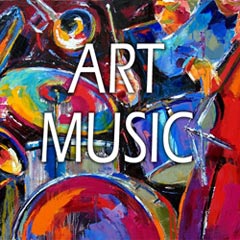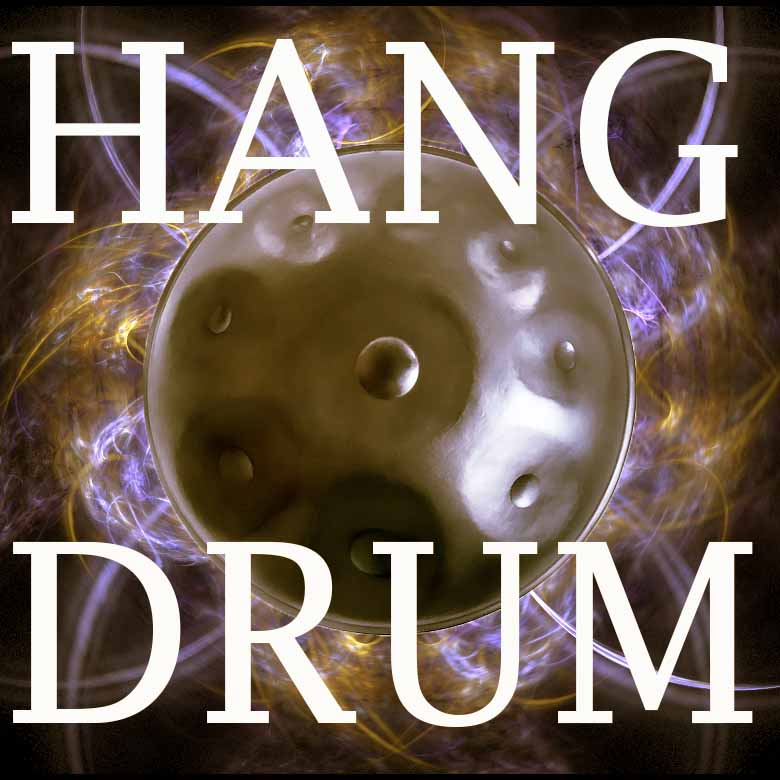Future
The uncertainty and technology . When it comes to music, the future looks brighter than ever. Innovation is at an all-time high as technologies develop and evolve quickly in order to keep up with music trends. Competing services such as streaming services are raising the bar of expectations, allowing anyone from anywhere to access new kinds of music faster than ever before. With a larger selection of legitimate listening options people can easily dive deeper into authentic, original music.
The Future of Music: The Uncertainty of Technology
Music has always been a part of human life, dating back to ancient civilizations. It has evolved over time, from symphonies to rock and roll, and now with the help of technology, music is constantly changing. The future of music looks brighter than ever, as innovation and technology continue to develop at an ever-increasing pace. However, while exciting, this future is also uncertain. In this article, we'll be exploring the world of future music, and examining how technology might play a role.
The rise of streaming services like Spotify, Pandora, and Apple Music has changed the landscape of music. With millions of songs available at the click of a button, listeners have access to more types of music than ever before. A larger selection of legitimate listening options means that more people can easily dive deeper into authentic, original music, and discover music they might not have otherwise heard.
However, as we enter this new age of music, the uncertainty of technology is always a concern. With the constant changes in technology, it's hard to predict exactly how the music industry will evolve. For example, while streaming services have made music more accessible, the debate over how artists are compensated for their work rages on.
Additionally, new technologies like artificial intelligence and virtual reality are sure to have an impact on the music industry. AI can now help musicians compose and produce their music, and VR is already being used to create immersive music experiences. While these new technologies are still in their infancy, it's likely that we'll see a lot more in the near future.
Another aspect of the future of music is the potential for increased collaboration. With the rise of streaming services and other digital music platforms, it's easier than ever for musicians to collaborate with each other, regardless of where they are in the world. Musicians can now collaborate and create music from different continents, without ever having to meet in person.
Finally, the undeniable impact that social media has had on music cannot be ignored. Platforms like Twitter, Instagram, and TikTok have allowed fans to connect with their favorite artists on a more personal level, while also allowing for viral trends like the #InMyFeelingsChallenge to take off. Fans can now share their favorite music with friends, and even help create the next viral sensation.
In conclusion, the future of music looks incredibly exciting, with new technologies and innovations driving the industry forward. However, it's uncertain how technology will change the industry in the long run. As music continues to evolve, new challenges will arise, and it's up to the industry to adapt to those challenges. One thing is for sure though: music will continue to be an essential part of human life, and will only continue to evolve as time goes on.
In conclusion, the future of music looks incredibly exciting, with new technologies and innovations driving the industry forward. However, it's uncertain how technology will change the industry in the long run. As music continues to evolve, new challenges will arise, and it's up to the industry to adapt to those challenges. One thing is for sure though: music will continue to be an essential part of human life, and will only continue to evolve as time goes on.
ON AIR - PROGRAMMING





